Waste & material traceability solution for sustainable companies
In today's rapidly urbanizing world, the management of Municipal Solid Waste (MSW) has become a critical issue. Effective MSW treatment solutions not only mitigate environmental impact but also contribute to sustainable development goals. This article explores various methodologies and innovations in MSW treatment, aiming to provide a comprehensive overview for stakeholders and policymakers.
Introduction to Municipal Solid Waste (MSW)
Municipal Solid Waste encompasses a wide array of everyday items discarded by households and businesses. From food scraps to packaging materials, MSW presents a significant challenge due to its sheer volume and diversity. Addressing this challenge requires robust management strategies that encompass collection, treatment, and disposal methods.
Challenges in MSW Management
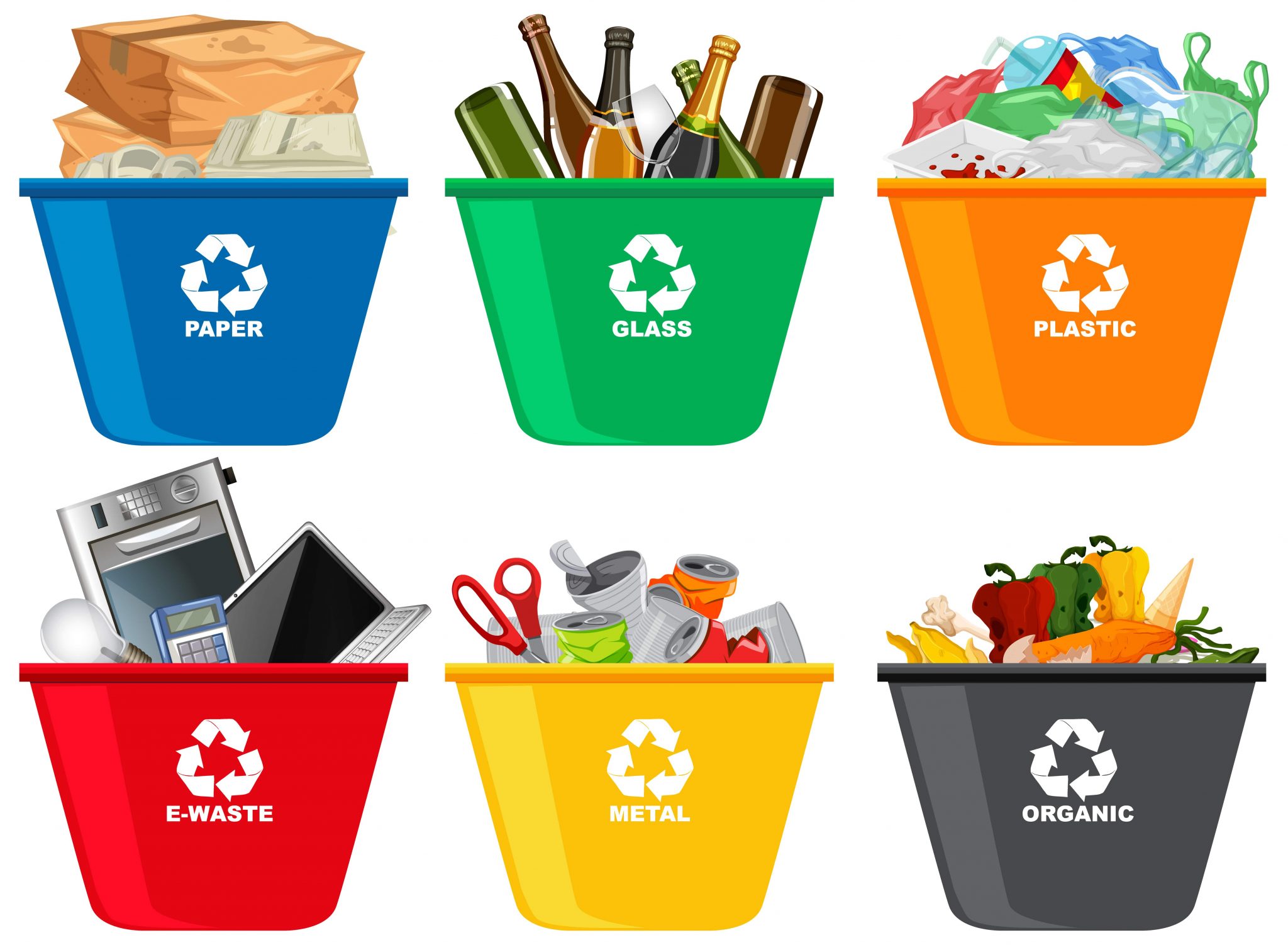
With global urbanization on the rise, cities face mounting challenges in managing their waste streams. Rapid population growth amplifies the volume of waste generated, stressing existing infrastructure and landfill capacities. Moreover, untreated MSW poses severe environmental risks, including soil and water contamination, and contributes to greenhouse gas emissions.
Types of MSW Treatment Solutions
Waste Minimization and Source Separation
One of the fundamental strategies in MSW management is waste minimization at the source. Encouraging practices such as recycling and composting not only reduces the volume of waste sent to landfills but also conserves natural resources.
Collection and Transportation
Efficient collection and transportation systems are crucial for effective waste management. Utilizing advanced technologies and optimized routes can streamline operations, minimizing costs and environmental impact.
Mechanical Treatment
Mechanical treatment methods involve the use of machinery to sort and process waste. Technologies like shredders and optical sorters enhance the efficiency of recycling facilities by segregating different types of materials.
Biological Treatment
Biological treatments, such as anaerobic digestion and composting, harness natural processes to break down organic waste. These methods not only reduce methane emissions but also produce valuable by-products like biogas and compost.
Thermal Treatment
Thermal treatment technologies like incineration and pyrolysis convert waste into energy while reducing its volume. These processes contribute to energy recovery and can offset fossil fuel consumption.
Landfill Management
Modern landfill management focuses on minimizing environmental impact through engineered designs and methane capture systems. Landfills today are equipped with liners and leachate collection systems to prevent soil and groundwater contamination.
Technological Innovations in MSW Treatment
Advancements in artificial intelligence (AI) and robotics are revolutionizing waste management practices. AI-powered sorting systems and robotic arms in sorting facilities enhance efficiency and accuracy, improving the quality of recyclable materials.
Environmental Benefits of Effective MSW Treatment
Implementing effective MSW treatment solutions results in significant environmental benefits. Reduced landfill emissions and preserved natural resources contribute to mitigating climate change and protecting biodiversity.
Economic Aspects
Investing in modern waste treatment technologies can lead to long-term cost savings and economic benefits. Additionally, the waste management sector provides employment opportunities, supporting local economies.
Social Impact and Community Engagement
Engaging communities in waste segregation and recycling programs fosters a sense of environmental responsibility. Public awareness campaigns promote behavioral changes that are crucial for sustainable waste management practices.
Global Perspectives on MSW Treatment
Around the world, various countries have implemented successful waste management programs. Case studies from countries like Sweden and Japan highlight innovative approaches to MSW treatment and recycling.
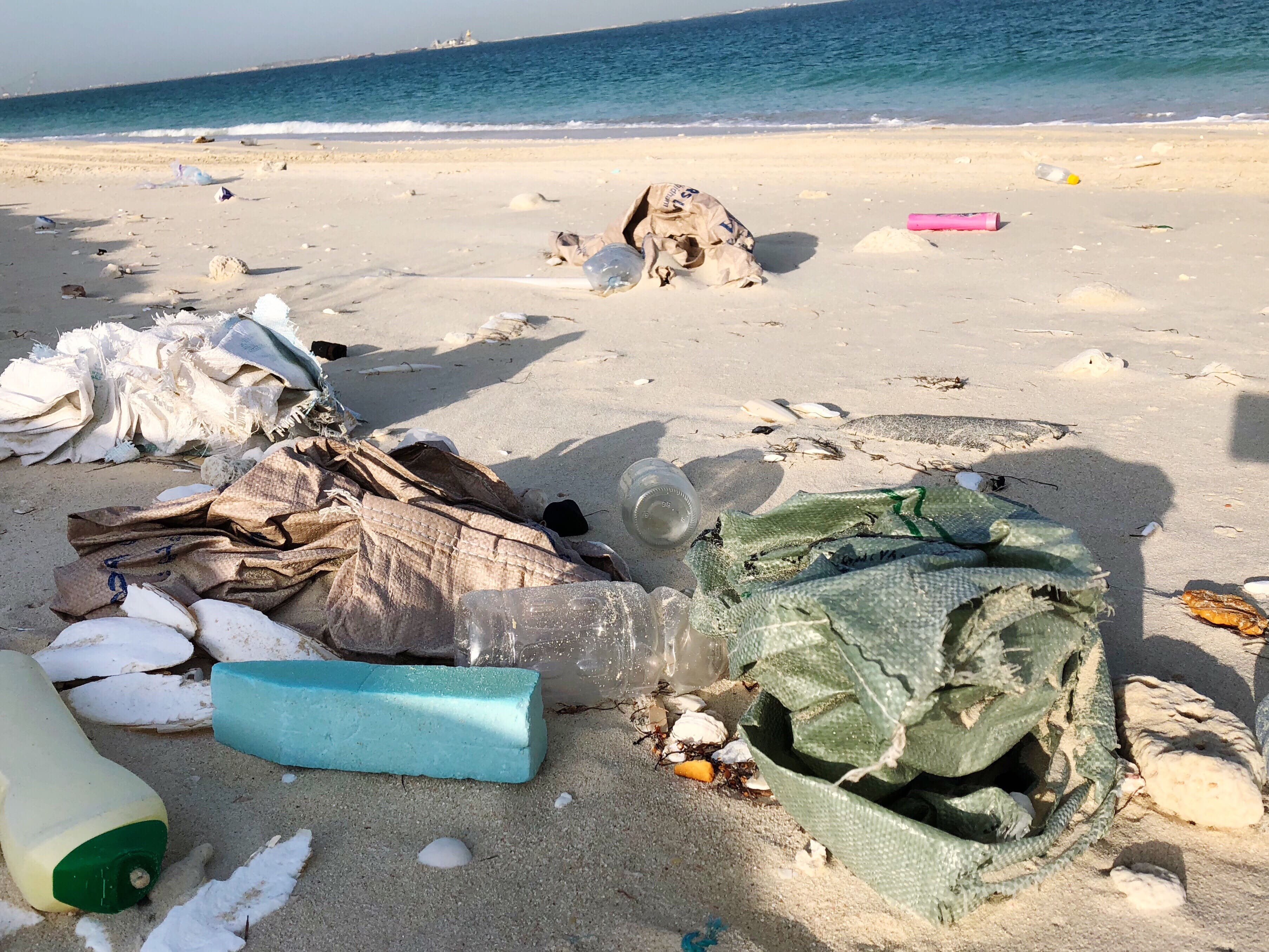
Regulatory Framework
Government policies and regulations play a pivotal role in shaping waste management practices. Establishing clear standards and compliance requirements ensures the safe and sustainable operation of waste treatment facilities.
Future Trends in MSW Treatment
Looking ahead, advancements in recycling technologies and the adoption of circular economy principles will continue to reshape the MSW treatment landscape. Innovations such as bioplastics and closed-loop systems hold promise for reducing waste generation and promoting resource efficiency.
Challenges and Limitations
Despite technological advancements, challenges such as inadequate funding and public resistance remain barriers to comprehensive MSW management. Addressing these challenges requires collaborative efforts from governments, industries, and communities.
Conclusion
In conclusion, effective Municipal Solid Waste treatment is crucial for achieving environmental sustainability and public health. By adopting integrated waste management strategies and embracing technological innovations, cities can transform waste into a valuable resource while safeguarding the planet for future generations.
-
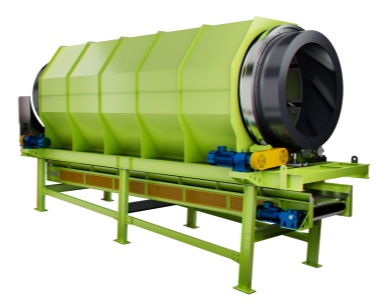 Trommel screenTrommel screen, also known as drum screens, are widely used in various industries for sorting and separating materials.Get Quote
Trommel screenTrommel screen, also known as drum screens, are widely used in various industries for sorting and separating materials.Get Quote -
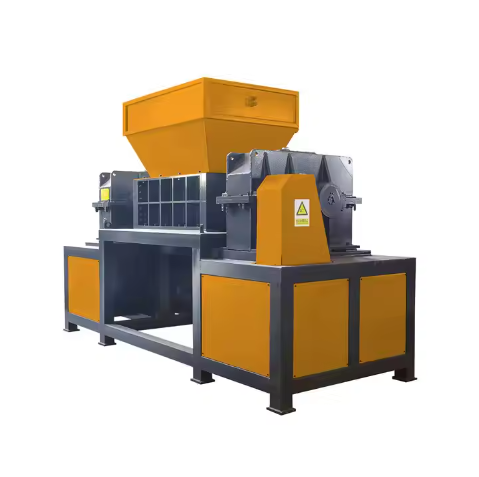 Crop straw double shaft shreddApplications:Biomass Energy Production: Shredded straw can be used as a feedstock for bioenergy plants to produce electricity or heat.Livestock Feed: Reduced-si...Get Quote
Crop straw double shaft shreddApplications:Biomass Energy Production: Shredded straw can be used as a feedstock for bioenergy plants to produce electricity or heat.Livestock Feed: Reduced-si...Get Quote -
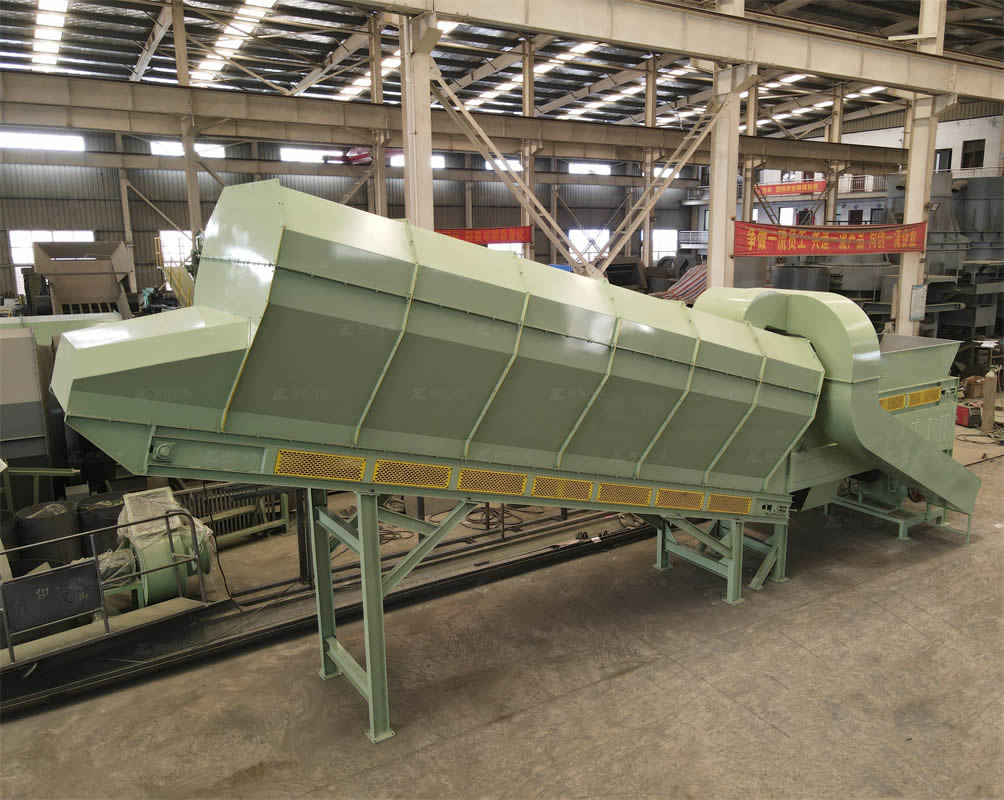 Zhongcheng Air Drum SeparatorAir drum separators effectively separate lightweight materials (e.g., plastics, paper) from heavier materials (e.g., metals, glass). This high efficiency is cru...Get Quote
Zhongcheng Air Drum SeparatorAir drum separators effectively separate lightweight materials (e.g., plastics, paper) from heavier materials (e.g., metals, glass). This high efficiency is cru...Get Quote
-
2023-01-13Bag OpenerBag opener or bag opener system is a mechanical device used to automatically open and empty bags containing bulk materials. This system is commonly used in indu...
-
2024-07-09Recycling Balers-Safe,Easy-To-Use and affordableThe operating principle of a strapping machine primarily involves the following steps:1.Item Positioning:Firstly, the item to be strapped must be placed accurat...
-
2024-07-16Twin-shaft shredders: ideal for efficient processing of waste and recycling materialsA double-shaft shredder is a mechanical device used to process waste and recycle materials. Its main feature is that it has two rotating shafts with serrated bl...
-
2024-05-18Jaw CrusherThe working principle of jaw crusher Although the jaw crusher has various structural types, its working principle is the same, that is, the material is crushed ...
-
2024-08-07Efficient Material Separation with Bounce ScreensThe ballistic separator is an important equipment with separation function designed for the sorting of inorganic particles in the coarsely crushed waste.



